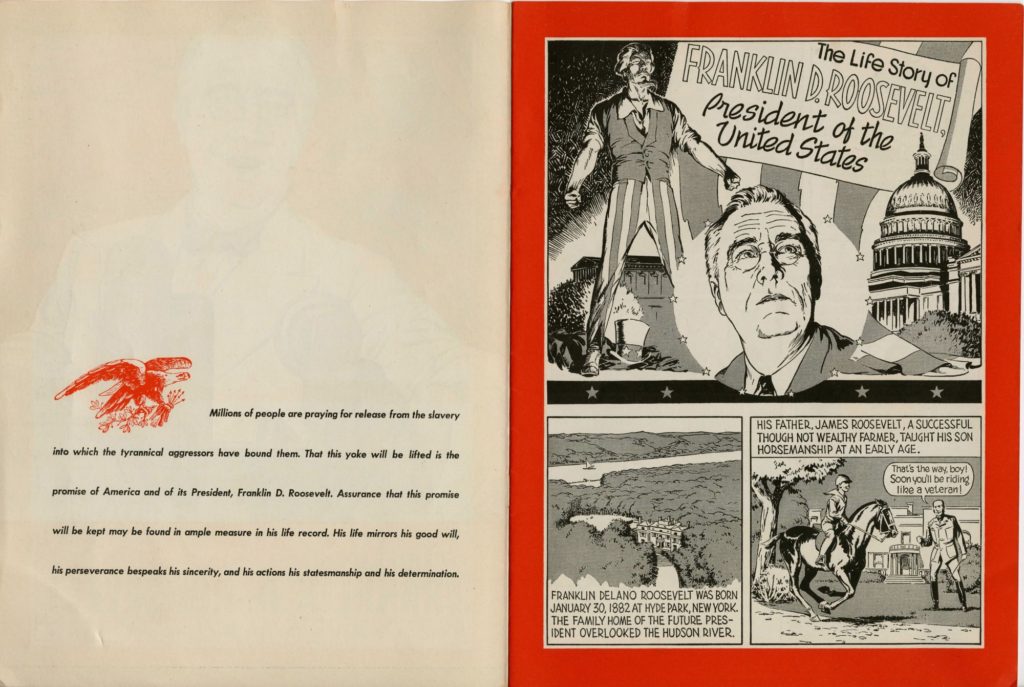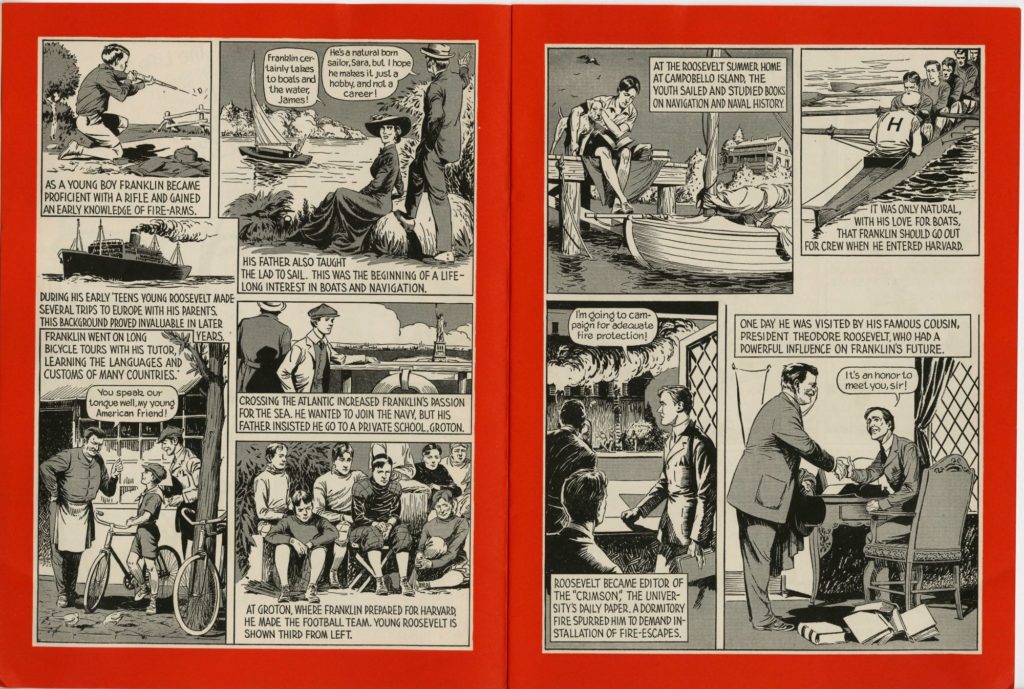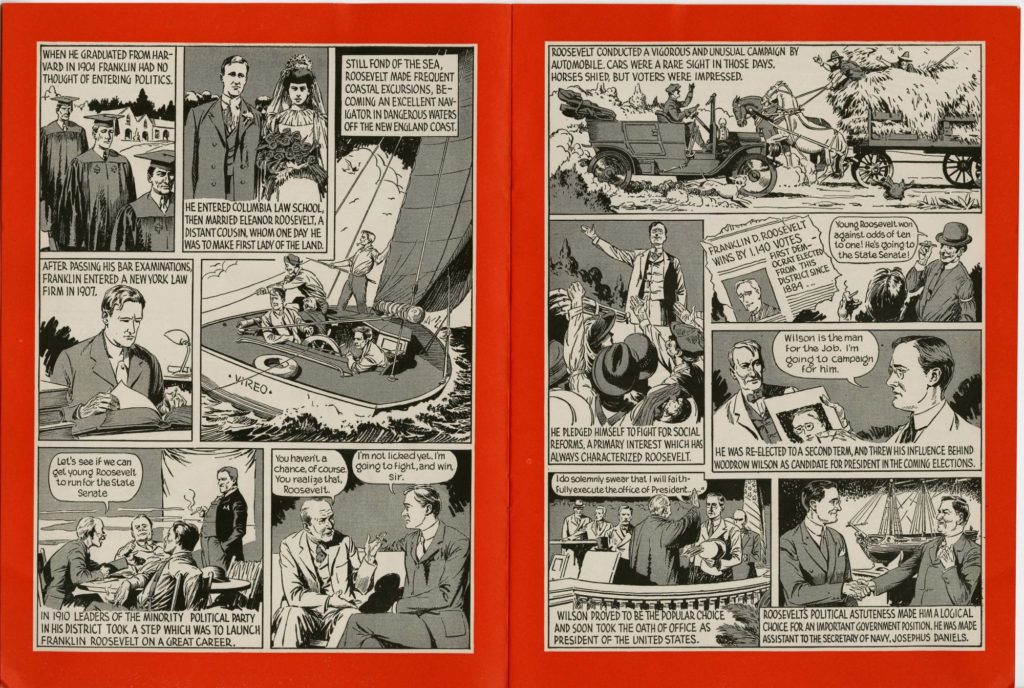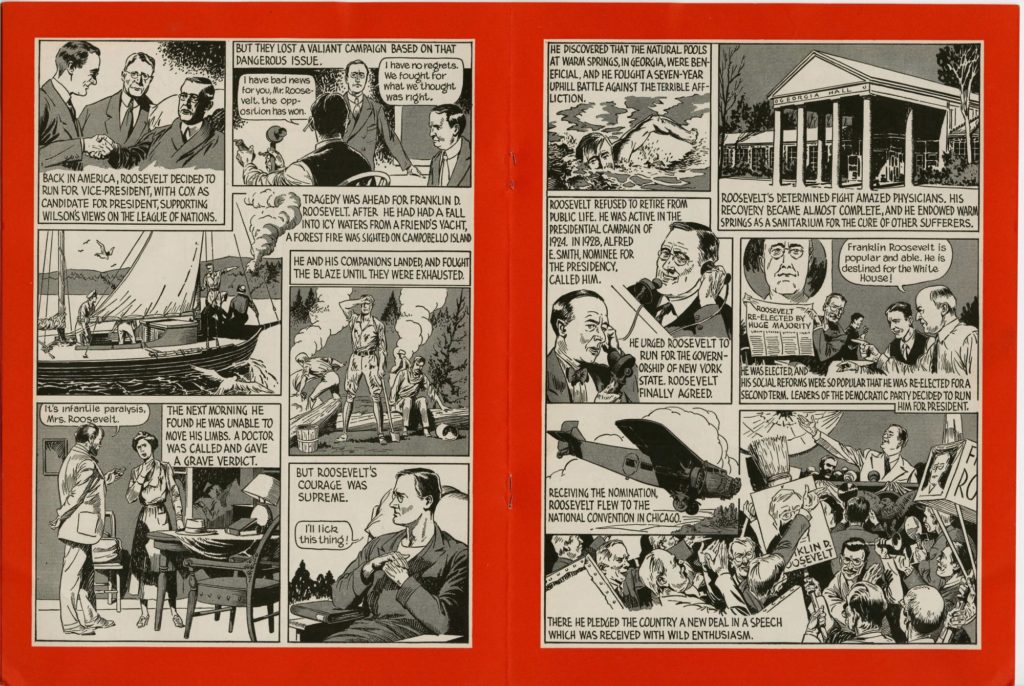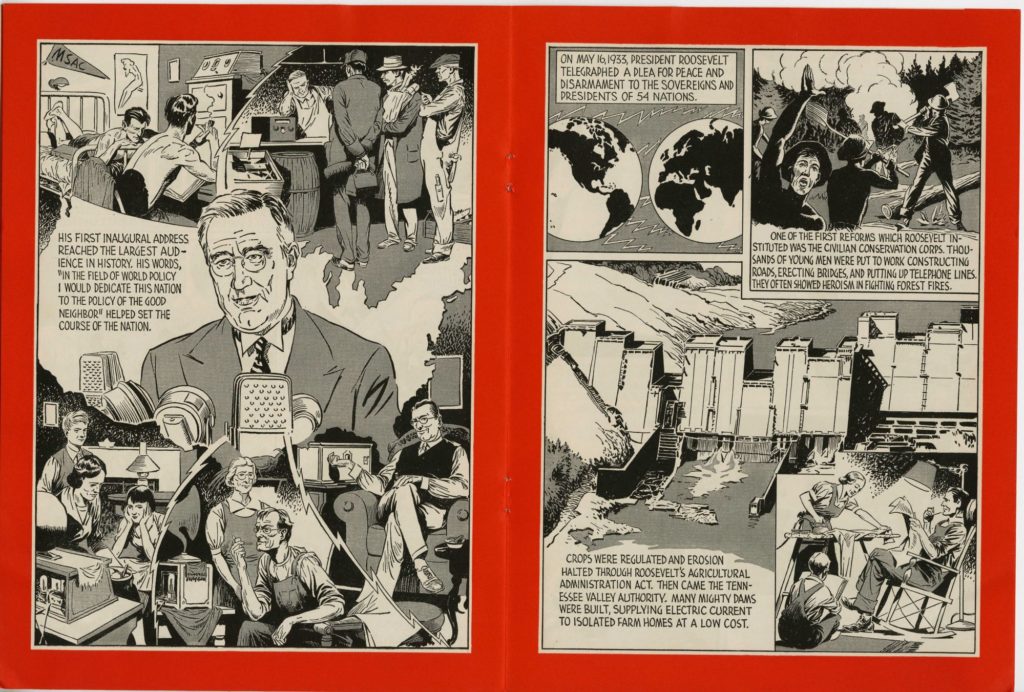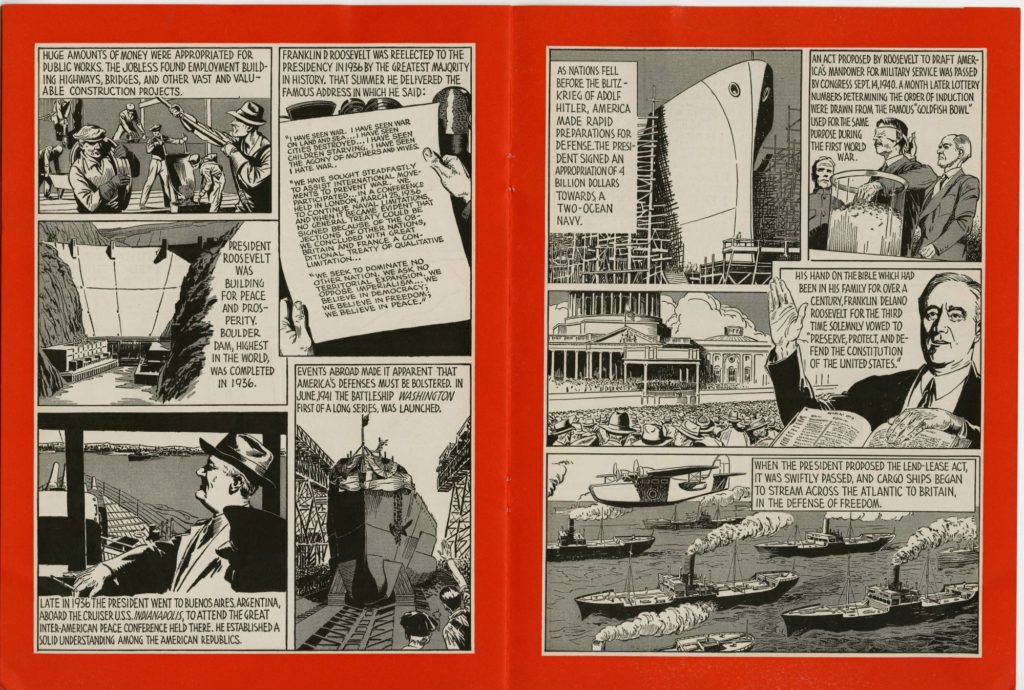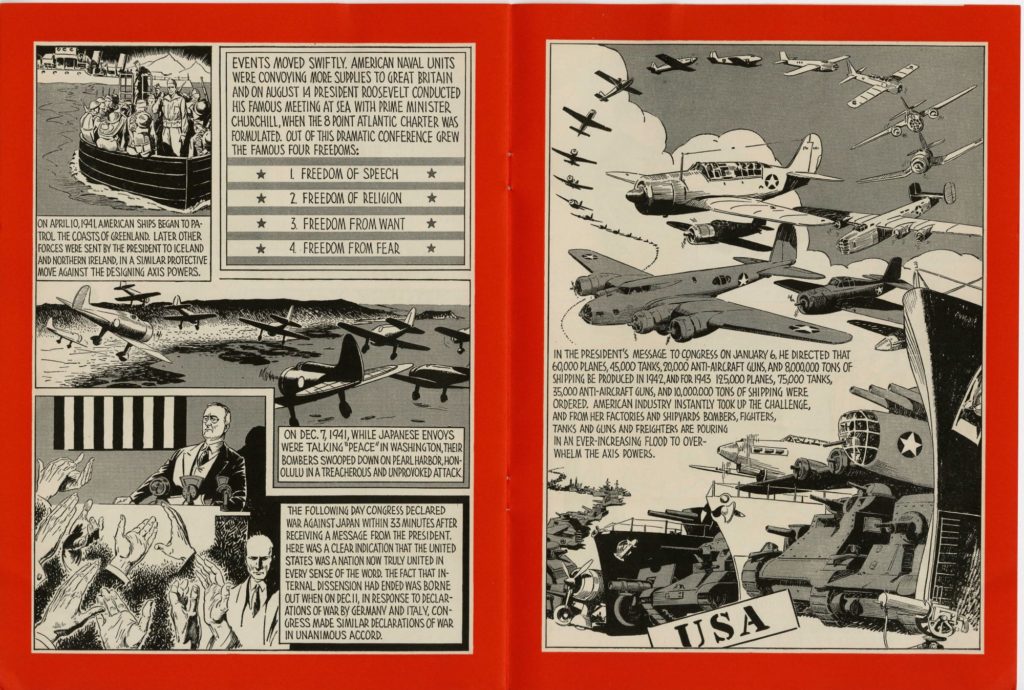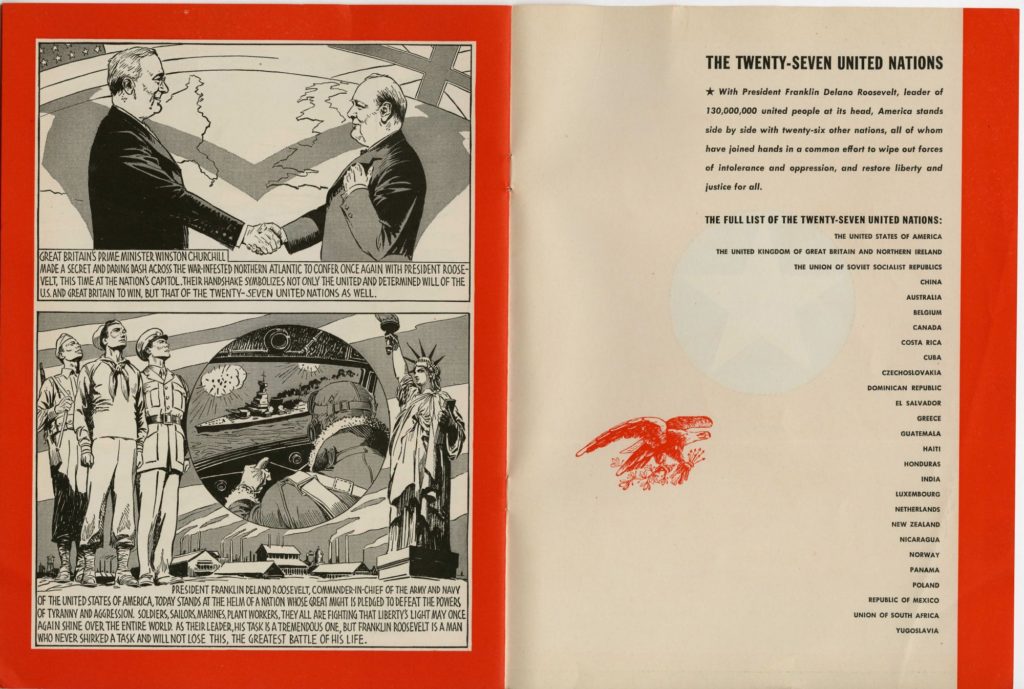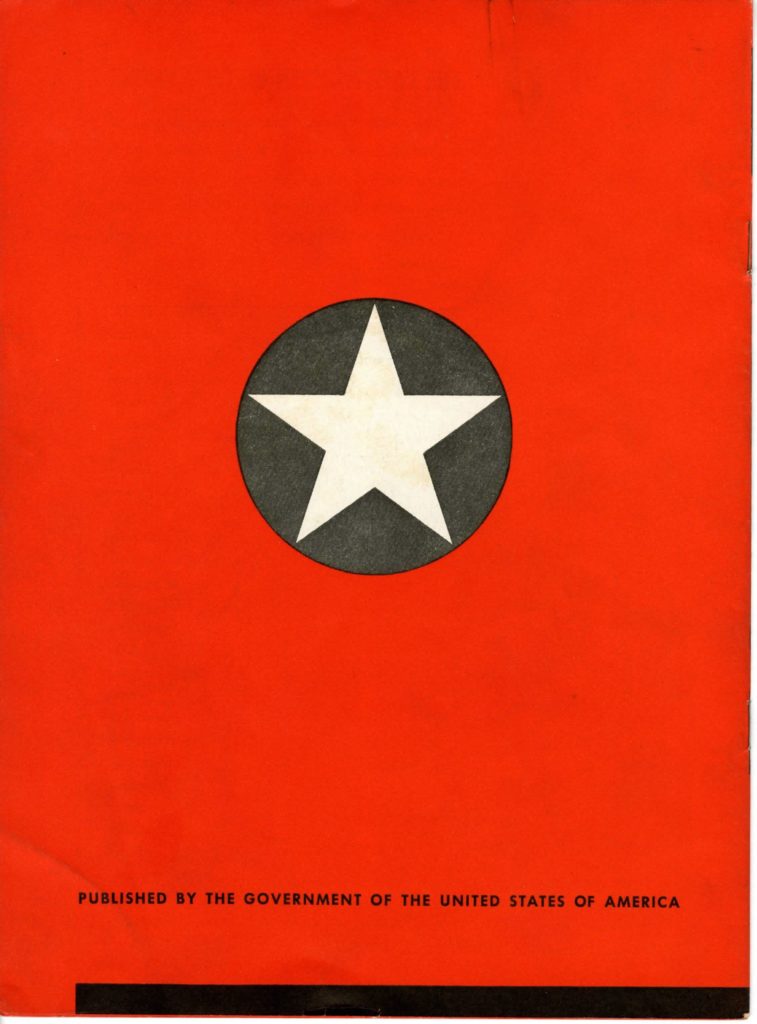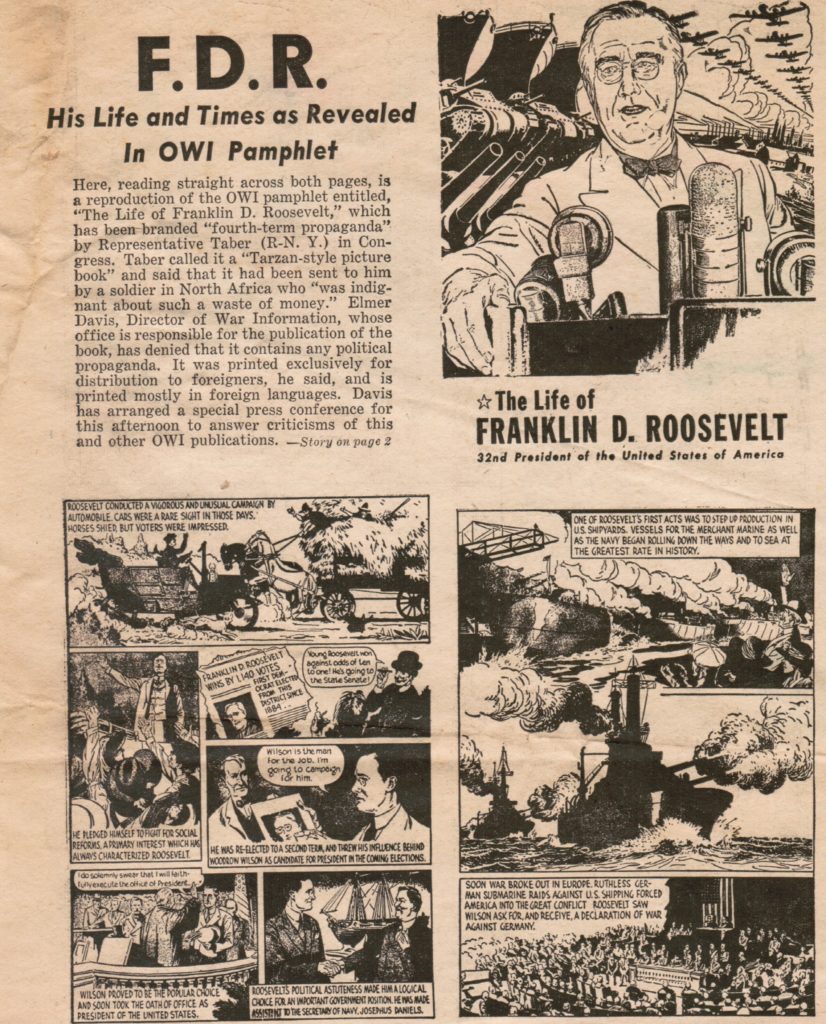During World War II, the federal government’s Office of War Information (OWI), where Voice of America (VOA) radio broadcasts for overseas audiences were started in 1942, produced news and factual war information, but it also produced mildly partisan and sometimes deceptive pro-Soviet propaganda for newspapers and radio in the United States until the U.S. Congress, responding to bipartisan concerns and protests, defunded such domestic propaganda activities by the Executive Branch during Franklin D. Roosevelt’s wartime presidency.
Even during the war, there was bipartisan weariness about any U.S. administration propagandizing to Americans at taxpayers’ expense and concern about government-hired journalists advancing their own domestic partisan agenda or foreign interests. How the U.S. Congress handled these problems during World War II and immediately after the war may offer lessons for managing U.S.-funded international media outreach today and for protecting the Voice of America from partisan-driven journalism, either at the direction of the White House or by officials in charge of VOA, as well as by U.S. government-employed journalists themselves expressing their own partisan or ideological preferences at the expense of truth, objectivity, balance and the VOA Charter. These lessons could be applied to today’s taxpayer-funded Voice of America in its current U.S. federal government parent agency — the U.S. Agency for Global Media (USAGM) — both undergoing a leadership change amid accusations of past and potentially future partisan bias, and fears of foreign propaganda from China, Iran and Russia seeping into VOA’s current programs. In 1943, the U.S. Congress exposed and stopped most of the Executive Branch’s domestic propaganda activities by eliminating most of the funding for the government’s domestic media outreach while preserving funding for Voice of America’s overseas radio broadcasts. After the war, restrictions on domestic distribution of VOA programming were written into law and journalists hired by VOA were subjected to much stricter security background checks.
Much of OWI’s and VOA’s propaganda output in World War II radio programs and in print was anti-Nazi and anti-Japanese. U.S. government news and information broadcasts and press releases were in many cases truthful on major facts, but in some instances important material facts were omitted or distorted and opinions were selected and crafted to deceive foreign and domestic audiences. This usually happened when OWI and VOA officials and journalists felt that negative information about America’s all important military ally—the communist Soviet Union—needed to be censored and replaced with false claims of Stalin’s presumed support for democracy to protect the alliance against Hitler’s Germany and to advance U.S. war aims. They also tried, however, to promote their own radically Left-wing personal ideological agenda which favored Moscow and various communist parties, sometimes even against the wishes of the White House, the State Department and the Pentagon.
Pro-Soviet OWI and VOA journalists, among them VOA’s first chief news writer and editor Howard Fast who later joined the Communist Party USA, became an editor of the party’s newspaper The Daily Worker and in 1953 received the Stalin Peace Prize, repeated and promoted Soviet lies and disinformation, both in the United States and abroad. While some glorification of Stalin and lies were tolerated or even encouraged by the Roosevelt White House, in several instances VOA propagandists acted on their own. In a few incidents, their pro-Soviet and pro-communist zeal put at risk U.S. diplomacy and lives of American soldiers and resulted in a public rebuke from President Roosevelt, and long after the war from former President Dwight D. Eisenhower.
As pro-Soviet and communist propaganda became a matter of concern among some members of Congress, the Office of War Information also came under severe criticism for what many U.S. lawmakers, especially opposition Republicans, saw as misuse of taxpayers’ money to propagandize to Americans in favor of President Franklin Delano Roosevelt and the Democratic Party. Domestic partisan propaganda was not, however, a major feature in wartime Voice of America broadcasts. It was mild compared to what can be seen in today’s U.S. media, including some of VOA’s current program output. During World War II, OWI and VOA programmers produced materials that could be viewed as overly supportive of Franklin Delano Roosevelt’s presidency, but they did not openly attack his domestic political rivals among Republicans. Their subtle partisan propaganda, however, still triggered a strong and effective pushback in the U.S. Congress.
Republicans and some conservative Democrats feared that if domestic U.S. government propaganda from the Executive Branch during the war were not challenged and stopped, it could eventually become a threat to American democracy. Members of Congress from both parties, especially whose districts had large numbers of immigrants from East-Central Europe, were also concerned about pro-Soviet influence in Voice of America wartime broadcasts. At the same time, a few Democratic members of Congress who had a naively favorable view of communism and Soviet dictator Josef Stalin, defended OWI and VOA officials and journalists.
Congressional defenders of the wartime U.S. propaganda agency were only partially successful in protecting its budget. In 1943, the U.S. Congress cut practically all funding for OWI’s domestic propaganda activities and even came close to de-funding Voice of America overseas broadcasts. Republicans were not the only ones complaining about Soviet and communist influence at the Office of War Information and the Voice of America. Liberal Democrats and friends of President Roosevelt in the State Department put pressure on the White House and the agency to get rid of VOA’s first director, John Houseman, who was responsible for hiring many of his pro-Soviet communist friends and associates to work on producing VOA broadcasts. He was forced to resign under pressure in mid-1943, but many of his hires as well as other pro-Soviet officials continued working for the agency for the remainder of the war, and in some cases even until the late 1940s.
While domestic partisan propaganda by the U.S. government was largely stopped, pro-Soviet propaganda continued in VOA programs for several more years. After the war, VOA changed from broadcasting Soviet propaganda lies to generally avoiding criticism of the Soviet Union until more pressure from Congress and the passage of the 1948 Smith-Mundt Act, which called for much stricter security checks on all Voice of America and State Department employees, eventually led to programming changes and more reporting on Soviet and other communist human rights violations. The 1948 Smith-Mundt Act also prohibited the Voice of America from distributing its programs in the United States in order to minimize the danger of U.S. government-funded and managed information programs becoming a vehicle for influencing American voters.
Some of these 1948 Smith-Mundt Act restrictions on domestic distribution of VOA programs were lifted in 2013 by the Smith-Mundt Modernization Act, which was introduced in 2010 by Congressman Adam Smith (D-WA) and Congressman Mac Thornberry (R-TX), made part of a larger piece of legislation in 2012, and went into effect on July 2, 2013. However, by that time most VOA programs were already easily accessible to Americans on the Internet. The Voice of America is now still prohibited by U.S. law from actively marketing its programs to American media and directly to Americans, but some of it happens automatically, especially through social media.
The Voice of America currently placed in the U.S. Agency for Global Media (USAGM), previously known as the Broadcasting Board of Governors (BBG), has engaged in unprecedented levels of domestic propaganda during the 2016 U.S. presidential campaign. Had the Voice of America done something like this during World War II, it could have risked being immediately shut down by both Republicans and Democrats in Congress. Compared to today’s programs from the Voice of America, which also include repetition of unchallenged propaganda from China, Iran and Russia, U.S. government’s domestic propaganda in 1943 may seem minor, but during World War II it received a lot of attention from members of Congress. Wartime domestic Executive Branch propaganda programs were quickly de-funded while pro-Soviet propaganda in Voice of America broadcasts was frequently exposed and criticized by U.S. lawmakers until it was largely eliminated in the late 1940s and early 1950s.
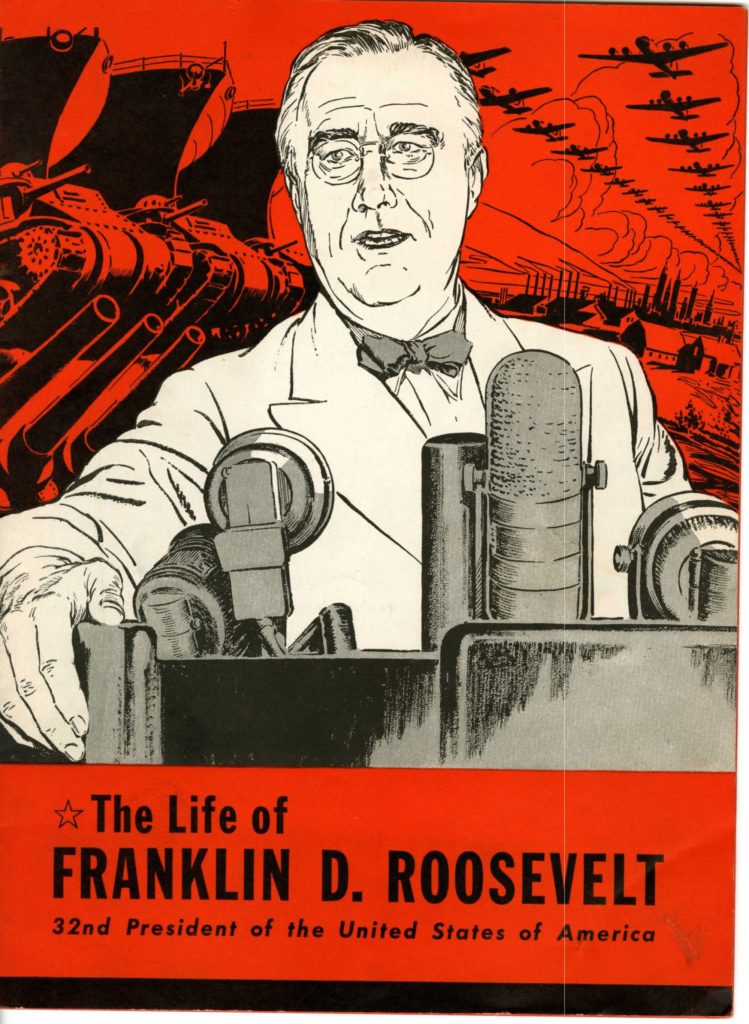
How Congress Exposed, Defunded and Stopped Domestic U.S. Government Propaganda in 1943. By Ted Lipien, Cold War Radio Museum, June 02, 2020
Disclosure: Ted Lipien is a co-founder and supporter of BBG Watch – USAGM Watch. This article was published by online Cold War Radio Museum.

